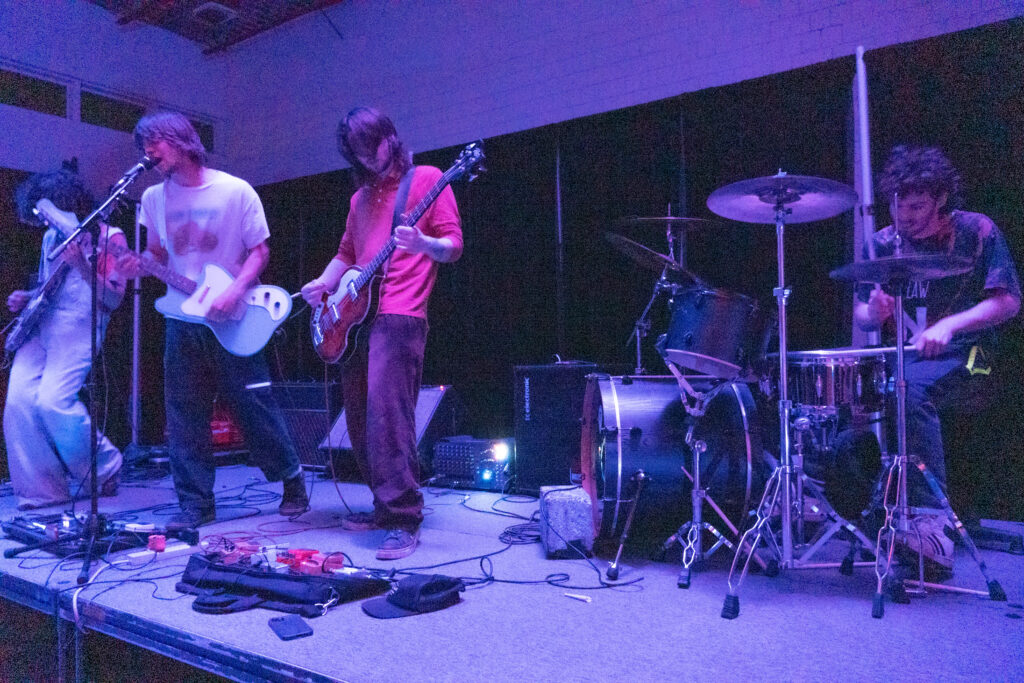For many international students a trip home requires a government-mandated quarantine, some of which can last for more than two weeks. Given these requirements, some students may not be able to return home until June. To accommodate students who have these special circumstances, the School announced that students facing two or more weeks of quarantine may learn remotely between Thanksgiving and Christmas break and return to campus in early January.
This decision was centered around improving mental health and wellness for international students. “If we are telling students that they need to focus on self care and that they need to focus on wellness, one of the best ways to focus on that is to be able to recharge with your loved ones,” said Director of Global Programs Ms. Ashley Sinclair. She added, “To tell students who are fourteen, fifteen, sixteen years old, ‘you’re here from August until June and might not be able to see your parents’ seems counterintuitive to the other goals that we are trying to do on campus.” Dean of Students Mr. Mike Velez ’00 also said that the Dean’s Office factored in that many students want to be with their families to celebrate important religious and cultural holidays during that period.
Hybrid learning will look similar to last year’s setup, with remote students attending class via Zoom. If the student can’t attend the class due to time zone differences, class recordings will be provided. Fortunately, Virtual Students are still set up in most classrooms. Changes to the teaching methods will also be made to support both remote and in-person students. Math teacher Mr. Sam Jonynas plans on reverting back to sharing his Notability screen instead of showing work on the whiteboards. However, he noted that keeping remote students engaged is another challenge. “Unfortunately, I think a lot of the burden falls on the students to stay engaged,” said Mr. Jonynas. “There’s no teacher that wants students to feel they are getting less of an experience just because they couldn’t come back. We are going to be trying as hard as we can on our end to make it as equitable an experience as possible.”
International students who are looking to participate virtually can reach out to their form deans to arrange for remote learning. Some of the factors that they consider when making travel plans are the risks of infection while travelling and the extensive time spent in quarantine. Even with a remote learning option, Yoyo Zhang ’24, who lives in Shanghai, is choosing not to learn remotely between Thanksgiving and Christmas, primarily because of the risk of getting Covid-19 during travel and also because of the need to quarantine upon returning to the United States.
Jacqueline Yan ’24 is another student who has chosen not to return home regardless of remote learning options, as “China has a long quarantine requirement, so it’s easier for my parents to come over instead.” Nevertheless, she acknowledged that the School’s decision was “a nice gesture, as the school is definitely trying to allow students to be able to return to their families and have some time back at home after so long on campus.”



